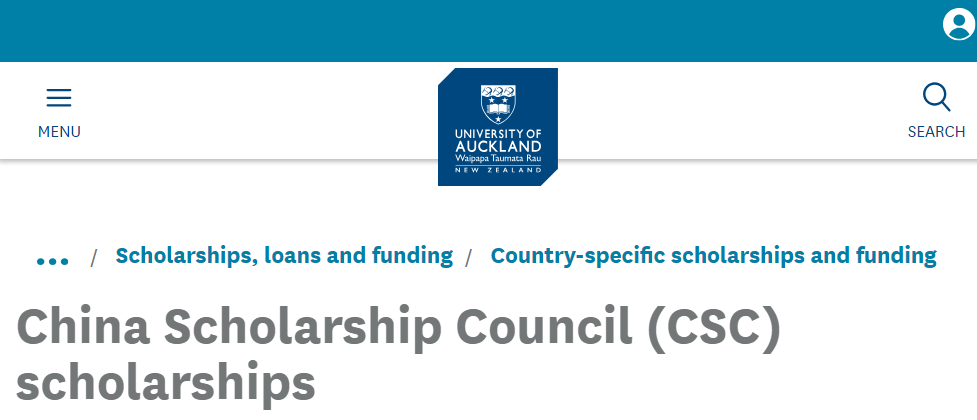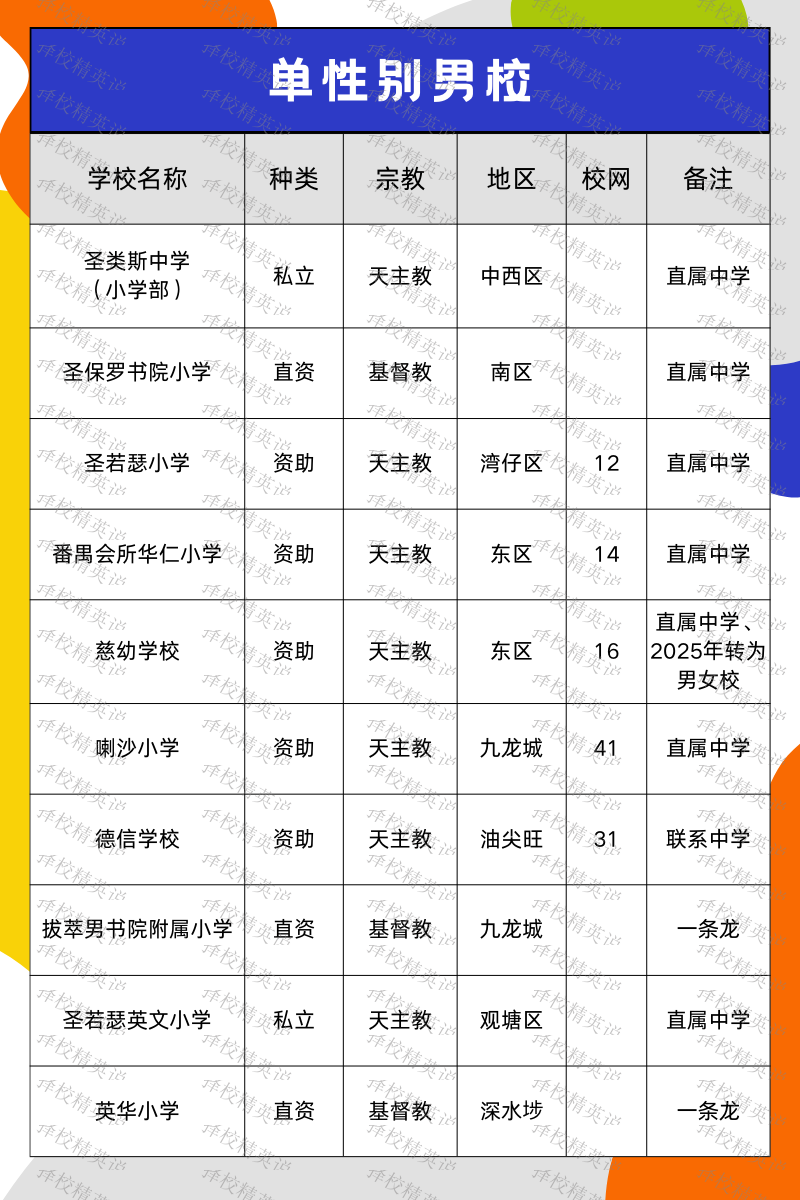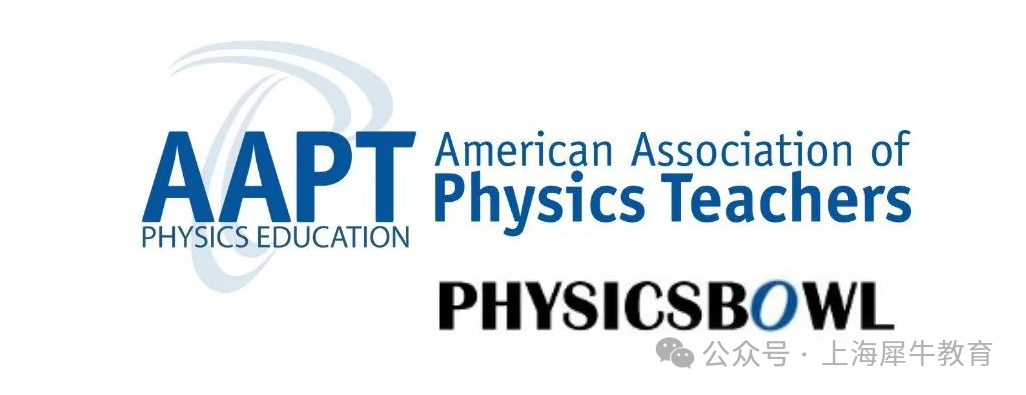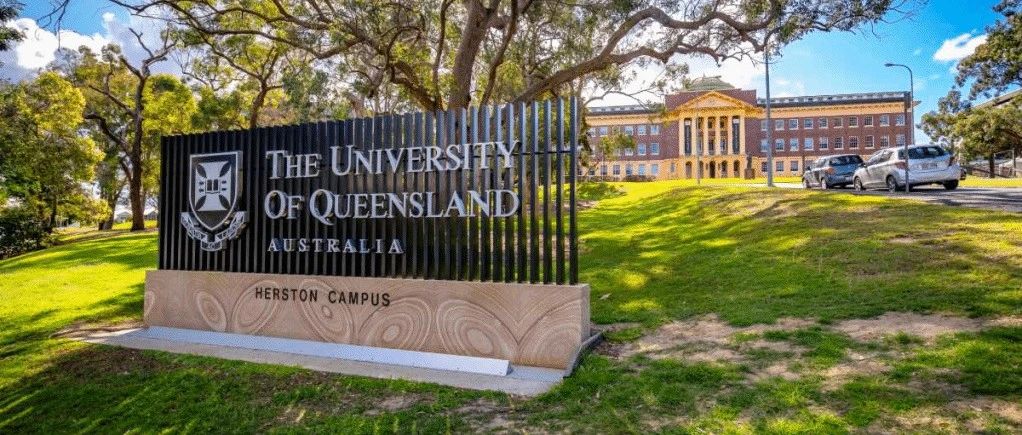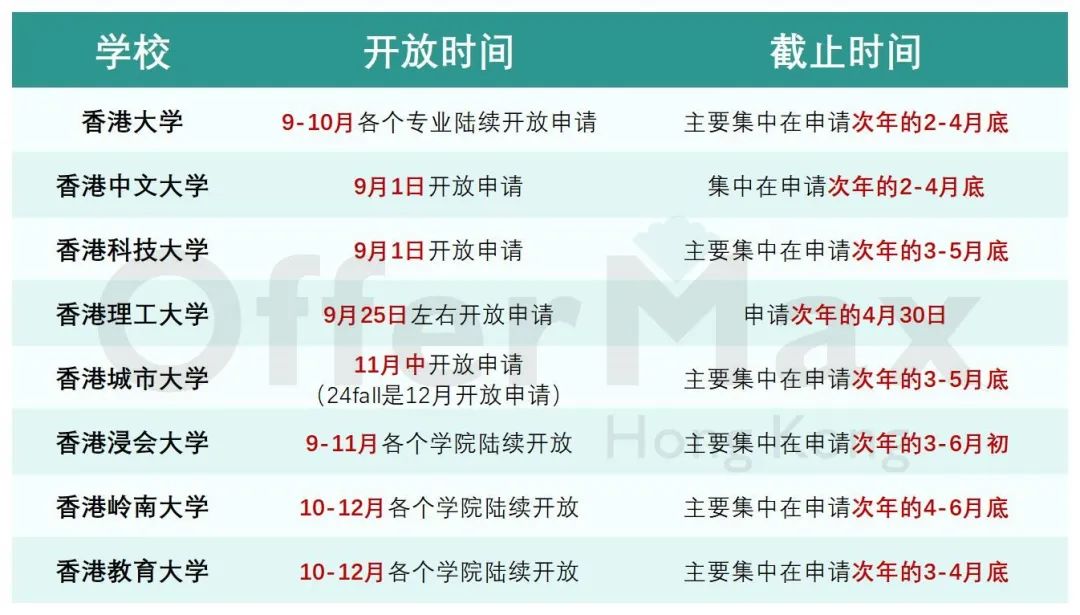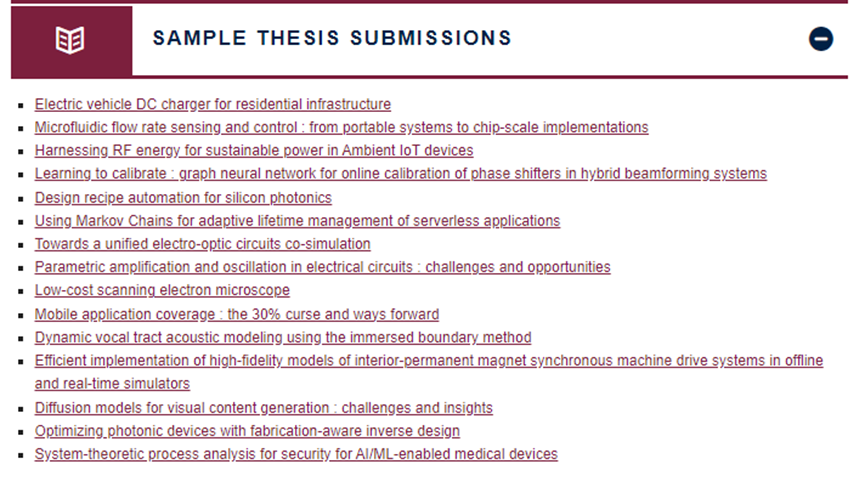本期为大家推荐爱丁堡大学、莫那什大学2025最新奖学金介绍。
1、爱丁堡大学
Understanding the L-H transition in JET using gyrokinetic turbulence simulations at the edge in both L-mode and H-mode of fusion tokamak plasmas
University of Edinburgh|School of Mathematics
博导:Dr Benjamin Chapman-Oplopoiou,Dr Moritz Linkmann
截止日期:January 20, 2025 周一
资助的博士项目(全球学生)
About the Project
Characterisation of the transition from low (L) to high (H) confinement mode regimes in tokamak plasmas is a key step towards improving predictions for fusion power plants such as STEP. In the world leading JET tokamak, two density branches have been observed for the L-H transition as the input heating power is ramped up: (a) the low density branch for which the threshold power decreases with increasing density, and (b) the high density branch in which the converse is true. This observation suggests that the nature of the microinstabilities and turbulent transport changes in the L-mode edge of the tokamak depending on the local conditions.
There is no theory-based model that can reproduce the L-H transition. This project aims to develop a simulation informed model by using high fidelity nonlinear gyrokinetic simulations with the GENE code. To analyse the turbulent simulation data and place it in the context of JET Deuterium – Tritium experimental results, the candidate will use data decomposition techniques designed to either decompose signals into high and low-intensity components (proper orthogonal decomposition – POD), or, into spatio-temporally coherent structures (dynamic mode decomposition – DMD). Such techniques were recently applied to JET pedestals [B. Chapman-Oplopoiou et. al. Accepted in Physical Review Research] and are frequently used for model reduction in fluid dynamics and to understand the spatio-temporal structure of turbulent flows.
In summary, this project will exploit a dataset that is unique thanks to JET’s tritium handling capabilities, elucidating fundamental turbulence phenomena whilst contributing to the development of sustainable fusion energy.
The candidate will not be based at the University of Edinburgh. The candidate will be based at the Culham Centre for Fusion Energy in Oxfordshire, with regular visits to the University of Edinburgh.
2、莫那什大学
Charge-Controlled Materials for Separations of Important Resources
Monash University|School of Chemistry
博导:Prof Stuart Batten,Dr David Turner,Prof Chris Richardson
截止日期:January 30, 2025 周四
资助的博士项目(全球学生)
About the Project
Monash University and the University of Wollongong invite applications for two PhD positions as part of an Australian Research Council Discovery Program grant titled ‘Charge-Controlled Materials for Separations of Important Resources’ DP240103089.
Home institutions: Monash University and University of Wollongong
Supervisors at Monash: Prof Stuart Batten (stuart.batten@monash.edu) , A/Prof David Turner (david.turner@monash.edu)
Supervisor at Wollongong: A/Prof Christopher Richardson (crichard@uow.edu.au)
This project aims to develop new microporous metal-organic framework materials that are better molecular discriminators than current technologies for the sequestration of important metal-ion resources. New charge-controlled metal-organic frameworks with precisely manipulated pore spaces will be developed and explored in novel, low energy separations with the aim of contributing to efficient low-energy future technologies for industrially important separation processes, including those involved in recycling of e-waste and extraction of mineral resources.
There are two (2) PhD studentships available within this project.
PhD 1 - Ionic Amine/Ammonium Metal-Organic Frameworks (Lead Supervisor: Batten; Location: Monash University, Melbourne, Victoria, Australia)
PhD 2 - PSM Routes to Ionic Metal-Organic Frameworks (Lead Supervisor: Richardson; Location: University of Wollongong, Wollongong, New South Wales, Australia)
Each applicant will carry out ligand synthesis and associated characterisation (multinuclear NMR spectroscopy, mass spectrometry, etc.) and the synthesis and characterisation of metal-organic frameworks (crystallography(including experiments at the Australian Synchrotron), surface area analysis, solid state NMR spectroscopy, etc.). Lead compounds will be taken forward to screening their performance characteristics in liquid phase sorption experiments using a variety of chromatographic and analytical techniques (various atomic absorption/emission spectroscopies and mass spectrometries).
The project is designed so that the team of supervisors and students at Monash and Wollongong will work closely with each other with regular meetings and there is funding for inter-organisational student travel for specific experiments and broadening expertise.
Project keywords: metal-organic frameworks, coordination polymers, post synthetic modification, inorganic chemistry, crystallography, separations
To apply:
We invite applications from Chemistry graduates who have, or expect to obtain, a first or upper second-class degree.
Applicants should include, in a single document, a cover letter outlining their interest and relevant background toward the project together in terms of prior experience and/or relevant techniques. Candidates should also indicate a preference for PhD position 1 or PhD position 2. The application should also include a curriculum vitae,publication list (if applicable), relevant academic transcript(s) and the names and contact details of two referees. Applications should be emailed to one of the supervisors listed above, quoting 'DP240103089' and the name of your preferred institution (Monash or Wollongong).
Funding Notes
Monash and Wollongong PhD studentships include tuition fee sponsorship and a living allowance (stipend) for up to 42 months maximum.Non-Australian nationals studying in Australia will be required to pay their own Overseas Student Health Cover (OSHC).





